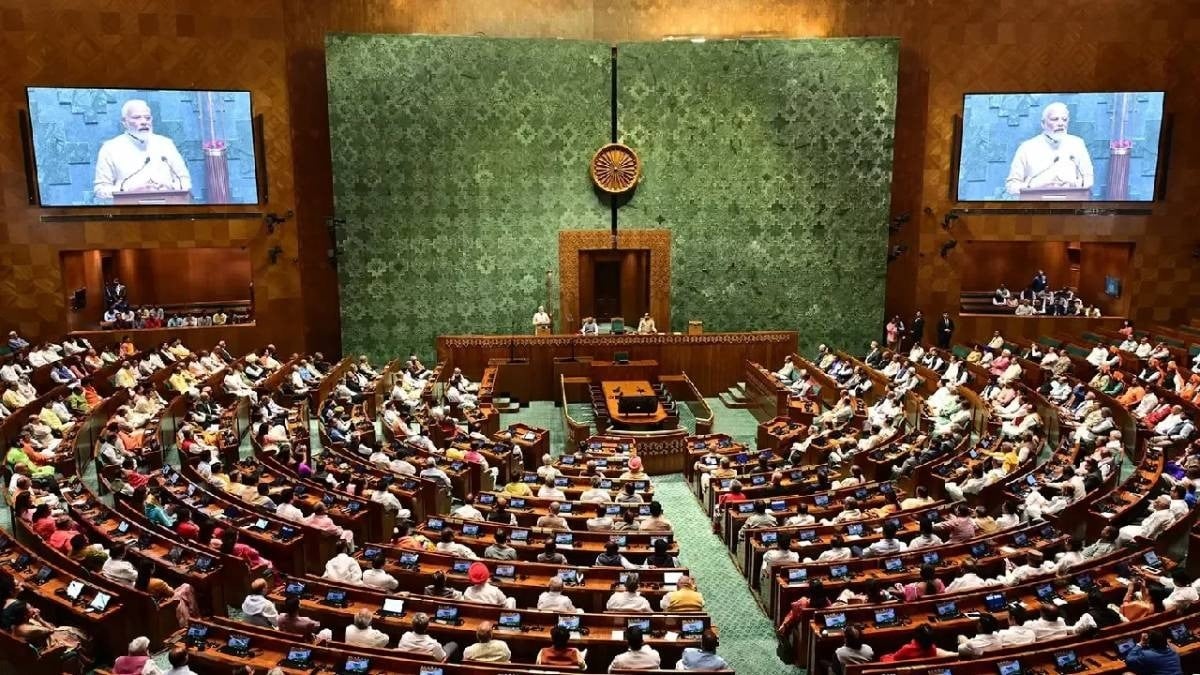The introduction of the Jammu and Kashmir Reorganisation (Amendment) Bill, 2025, marks a significant legislative development aimed at addressing the issue of accountability among officials in the Union Territory of Jammu and Kashmir. By proposing a framework for the removal of Chief Ministers and ministers who face serious criminal charges, this bill is set to enhance governance standards and bolster public confidence in political institutions.
Scheduled for discussion in the Lok Sabha, the bill seeks to amend Section 54 of the Jammu and Kashmir Reorganisation Act of 2019, which has highlighted a notable gap in legislative provisions concerning the removal of ministers under serious criminal allegations. The amendment is particularly relevant in the context of ensuring that governance in Jammu and Kashmir remains unobstructed and ethically sound.
### Key Provisions of the Bill
One of the foundational elements of the proposed legislation is the stipulation regarding the arrest and detention of ministers. The bill states that if a minister is arrested and detained for 30 consecutive days on charges that carry a potential prison sentence of five years or more, the Lieutenant Governor shall remove the minister from office based on the Chief Minister’s advice. This provision ensures that serious allegations do not undermine the functioning of the ministerial office.
Moreover, should the Chief Minister fail to provide advice regarding the minister’s removal by the 31st day of their detention, the minister shall automatically cease to hold office from that day onwards. This automatic removal clause emphasizes the urgency of resolving situations where individuals in higher political positions are entangled in serious legal issues.
An important aspect of the bill is its provision for the possible reappointment of the minister after their release from custody. This ensures that due process is observed, allowing individuals the opportunity to regain their positions post-clarification of their legal standing, thereby respecting the principles of justice and fairness.
### Objectives and Rationale
The primary objective of this amendment is to enhance accountability within the Union Territory’s governance structures. By addressing the potential negative consequences of having detained ministers, the bill seeks to maintain constitutional integrity. It highlights a broader recognition that ministers involved in serious offences may impede effective governance and diminish public trust in the institutions of power.
Sources indicate that the government’s motivation for introducing this amendment is rooted in a commitment to good governance and constitutional morality. Establishing a robust legal framework for addressing criminal allegations against serving ministers serves to underline the seriousness with which the government views accountability in public office.
### Implications for Governance
Should the bill be enacted, it would instate a transparent mechanism for the removal of ministers, promoting higher standards of public administration in Jammu and Kashmir. This step is designed to reinforce public trust in the administration, as constituents would be assured that elected officials are held to high ethical standards and that serious infractions of the law cannot be overlooked under any circumstances.
In conclusion, the Jammu and Kashmir Reorganisation (Amendment) Bill, 2025 represented a proactive move by the Union government to enhance governance and accountability in a region that has faced unique challenges. As discussions in the Lok Sabha unfold, the outcomes could well set a precedent for legislative practices in other regions, fostering a culture of transparency and responsibility among public officials.










